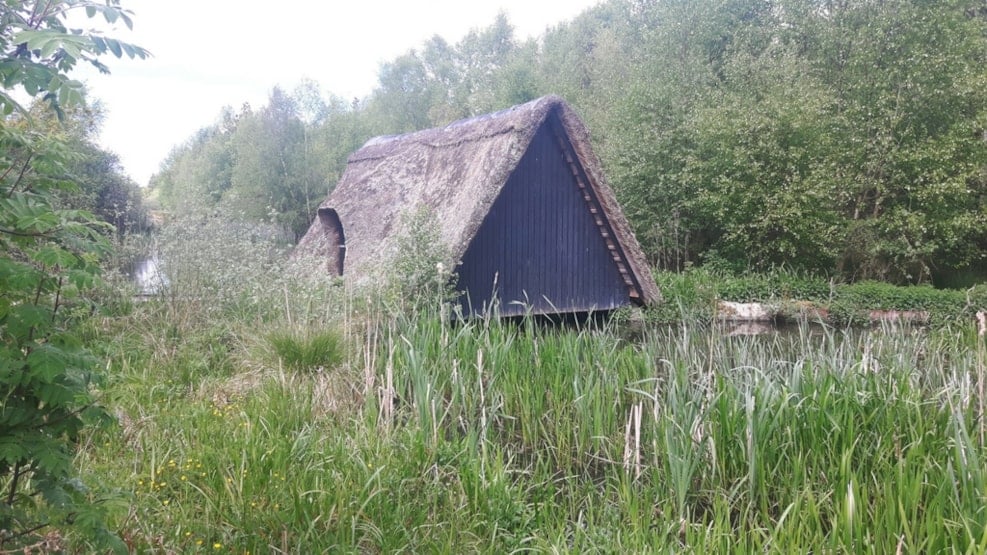
Hike - Stubbergård Sø - Mosestien
The protected nature around Stubbergård Sø is well preserved and presents the naturalhistoric, culturalhistoric and landscape values to the public. The nature surrounding the lake is man-made through thousands of years' cultivation and inhabitation.
The area invites you to enjoy three different hiking paths:• Red route is a handicap-friendly path of 1.7 km.
• Short yellow path is 14 km. Yellow path goes around Stubbergård Lake, and brings one past the Holy Source and Stubber Monastery.
• Long yellow path is 20 km. Long yellow path besides the trip around the lake also offers a trip through the "Gjæven".
• Red path goes past the Sortehusene, which are two strategically houses with a ridge list.
Bird and wildlife are abundant around Stubbergård Lake. You may be lucky to see the fish eagle chase over the quest or a sunbathing lizard. Maybe you also encounter tracks of otters.
The cattle in the enclusures is gentle. Dogs NOT included in the enclosures - not even on a leash!
The two small thatched houses by the lake are the Black Houses. In one house there is a royal privileged ridge list. It is a trap for catching eels as they drift with the water stream towards the sea. The other house has been a boathouse for the lake's commercial fishermen.
The boat house is open and information boards tell more about the lake and the area.
A small portion of the originally four-winged nunnery Stubber Monastery has been preserved. Even today, one senses which secluded and withdrawn life the nuns led. The monastery was first mentioned in 1268 as Claustrum Stubbetorp and has probably belonged to the bennedictine order. After the Reformation in 1536, the monastery was taken over by the crown and the founder of Ivar Juel, who undertook to provide the 12 nuns.
The ruin is open to the public.